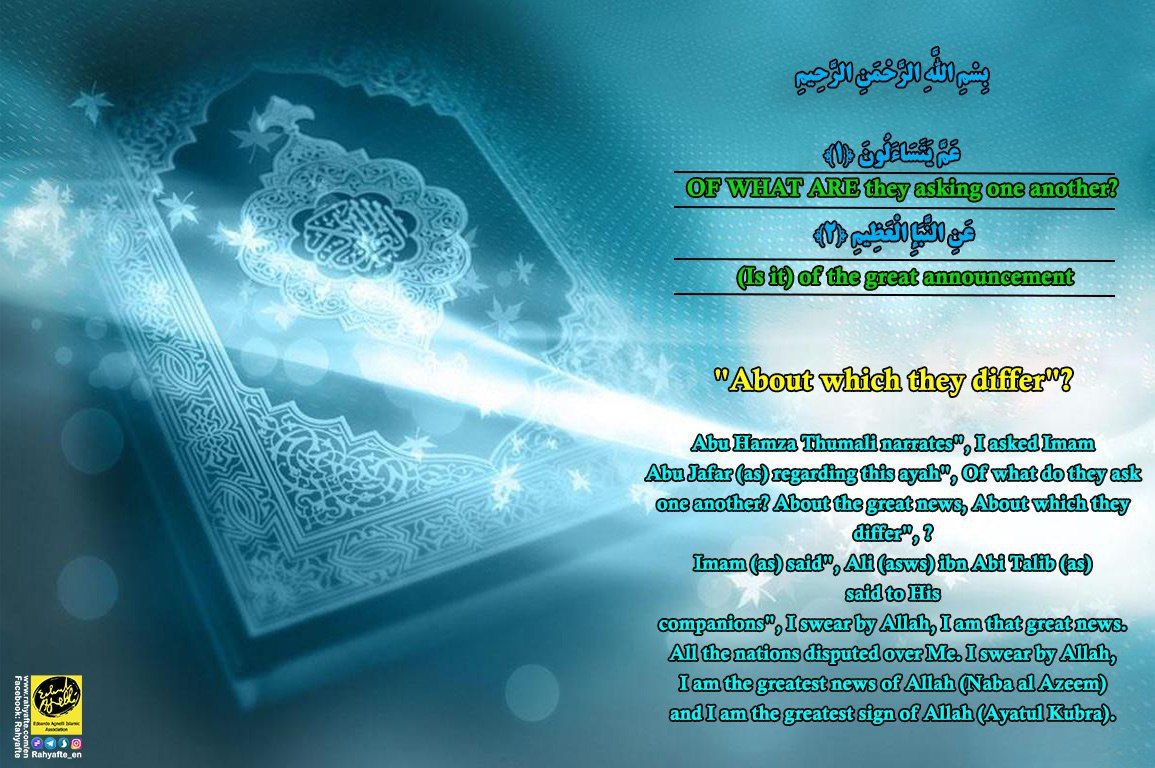According to rahyafteha(the missionaries and converts website):1.1 The Historical Context
The belief in the Mahdi, a divinely guided leader who will emerge in the future, is deeply rooted in the historical context of Islam. Understanding its origins and development across various Islamic traditions provides valuable insights into this essential concept.
Origins of Belief in the Mahdi:
The roots of the Mahdi concept can be traced back to the early Islamic period, notably during the time of the Prophet Muhammad. It stems from prophetic traditions (hadith) that foretold the coming of a guided leader who would restore justice and righteousness.

Development Across Islamic Traditions:
Over time, the concept of the Mahdi evolved differently within Sunni and Shia Islam.
Sunni beliefs regarding the Mahdi are often tied to eschatological interpretations and vary among scholars and schools of thought.
Within Shia Islam, particularly Twelver Shia, the belief in the Mahdi is central and well-defined, with a specific lineage traced through the twelve Imams.
Significance of Historical Context:
Understanding the historical and theological context of Mahdism helps believers grasp its significance in the broader narrative of Islam. It highlights the role of the Mahdi as a source of hope, justice, and divine guidance in times of turmoil and adversity.
Exploring the historical context of Mahdism lays the foundation for a deeper comprehension of its theological and practical implications, which will be further examined in subsequent chapters.



















